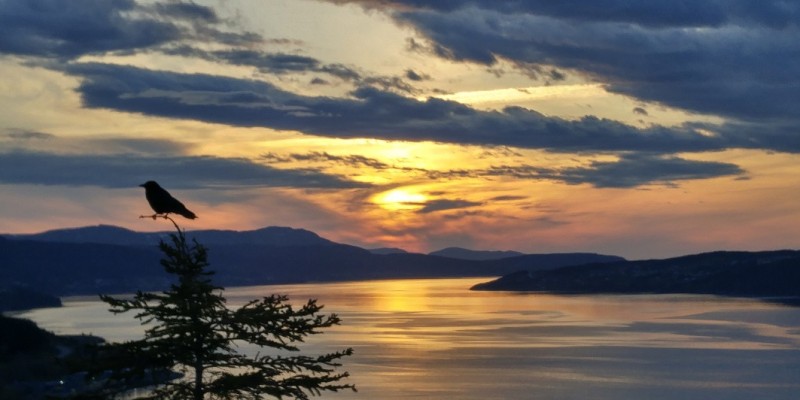A regular meeting of the Qalipu Chief and Council took place on November 18, 2017 at the Community Room in Corner Brook. Below is a summary of the discussion that took place regarding the establishment of an Elder Advisory Council.
Other Nations, including Miawpukek First Nation, has an Elder Advisory Council. Qalipu recognizes the value of having such an established group.
A draft Terms of Reference was written and shared with Council prior to the meeting
More than 40 names were submitted when Council put out a call for recommendations. Ward Councilors submitted names that they had received, and members of the Executive (Chief and Vice Chiefs) submitted names as well.
The Terms of Reference outlines the purpose, mission, values and ways of working for this soon to be established Council. Membership on the Elder Council will be based on inclusion of “anyone who is sought after and recognized for their wisdom, knowledge, and caring for humanity within their communities.”
Some of the roles of the Elder Council will be to give direction, request full disclosure about matters and issues in order to give informed direction/advice, sit on committees as requested, assist Chief and Council with making important decisions that impact our Mi’kmaq communities and build relationships and exchange knowledge with Elders from other areas.
Chief expressed the desire to make a shortened list of Elders who can make up this Council, and asked Council how they thought this should be structured.
He asked, “How big do you think this group should be, for function?”
One Councilor suggested that we have so much difficulty moving forward with the nine people we have at the table, that establishing this Council may further delay our ability to move forward.
Several Councilors suggested that if we are looking at putting an Elder Council together, we should stick to a guideline of not anymore than five or six people. This can’t be done with 40 + people.
Another Councilor spoke to the fact that there are nine Wards, and all Wards should be represented. It would make the group larger than ideal, but all areas would be represented. The Councilor also suggested that the community should determine the person, not Council.
A Councilor responded that this list of names was submitted by the people in our communities. What the Council is attempting to do is shorten the list.
Another member of Council suggested that we keep the group small, maybe have regional representation.
Most Councilors agreed that keeping the group size small would be best.
Another issue was that for Wards representing several distinct and separate communities, maybe its time to engage an individual from a community that is not typically recognized.
One Councilor said that “in the Newfoundland context, our culture was so underground. If we look to Nova Scotia and other provinces whose culture has not been underground, their Terms of Reference on Elders would include a lifetime of their culture not being underground. The kind of Elder you meet in Nova Scotia, we don’t have many people like that here. Some of the people submitted on this list, are they really Elders?”
A discussion on what defines an Elder in this process followed:
- Knowledge keeper
- Acknowledged, and accepted in the community as having wisdom, life experience and understanding of our culture and teachings.
- Someone that carries the traditional knowledge that has been involved in the Mi’kmaq way of life for many years.
- Someone who can conduct ceremonies
- A life-long learning knowledge.
- A community leader
- Someone who is giving of their time and gifts
An idea that came forward was how to include the entire group of people whose names were put forward. Maybe a retreat, and other ways to get together as teaching and learning opportunities.
A member of Council spoke to the seriousness of being an Elder. It is an important role that comes with self-sacrifice.

